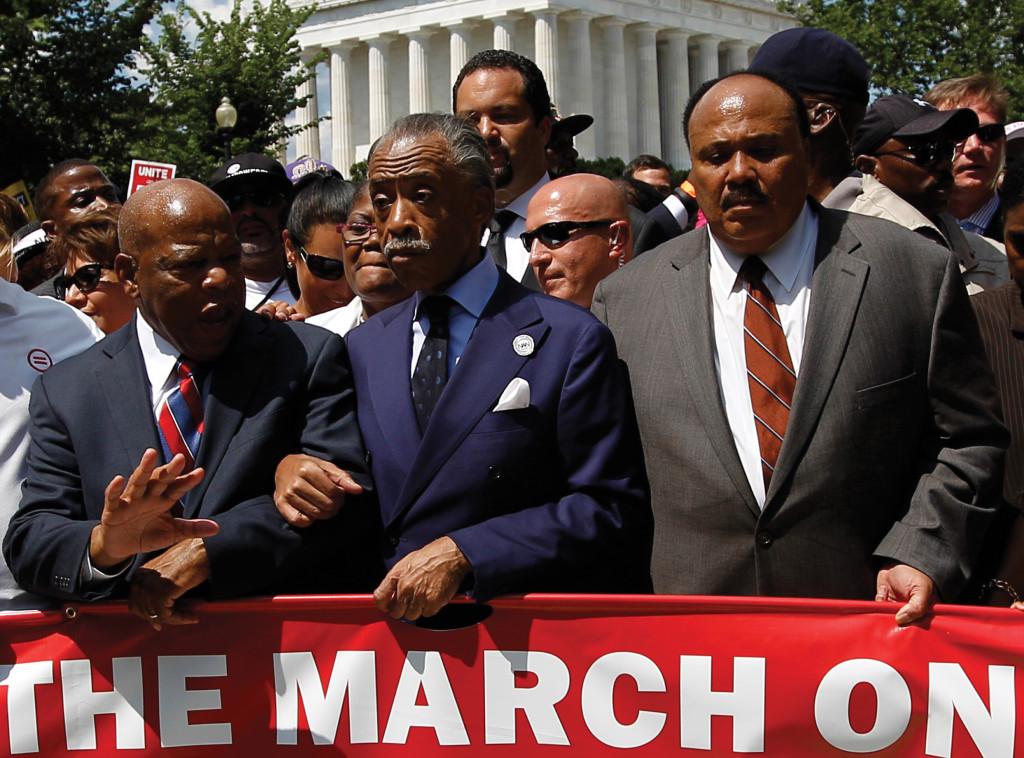
The March on Washington, on Aug. 28, 1963, united hundreds of thousands of Americans under the fight for jobs, freedom and equality. Half a century later, Americans still call out for these same rights.
King’s civil rights movement, however, reached beyond the issues of race and segregation most associated with his legacy.
“An adequate remembrance of King requires remembering his call for economic rights,” said Dr. Theodore Walker, Professor of Ethics and Society at SMU. “King argued that we can avoid chaos and achieve community only by going beyond civil rights.”
Walker explained that such a “focus on ‘civil rights’ steers us away” from the broader issue of economics.
“The civil rights that are protected by the Constitution and the Bill of Rights do not include economic rights,” Walker said.
Dennis Simon, professor of political science at SMU, echoed that sentiment.
“The civil rights agenda in the 1960s was not restricted to segregation and voting rights,” Simon said. “There was an economic agenda that is often overlooked.”
On the 50th anniversary of King’s March on Washington, the foundational problems and solutions being fought for in 1963 have evolved and continued into 2013.
“Today’s agenda features this strong economic component,” Simon said. “Essentially, the civil rights movement of the 1960s became a model.”
Simon explained that “the civil rights movement taught about the effectiveness of organizing, mass action, and litigation” — strategies that have been used to gain momentum and success in “the women’s movement, the environmental movement and by Hispanics,” among many others.
But the economic call has united all these causes over the past half-century by working for job equality and more equal wealth distribution, rooting all in civil rights and equality as well–the very things King is most recognized with.
King delivered a speech at SMU in 1966, three years after the March on Washington, in which he addressed the question that is still pressed today, “whether we are making any real progress in race relations.”
When that questioned is asked of SMU again 47 years later, Simon explained that the university is succeeding with “curriculum, community engagement efforts…an annual civil rights pilgrimage,” civil rights specializations in the Human Rights programs and more.
“SMU is pretty cutting-edge,” Simon said.
The University will host keynote speaker Reverend James Lawson, famed civil rights activist who worked closely with King, during its Sept. 6 symposium on the current status of American civil rights and the economic ties.
“The purpose of the Sept. 6 event is to think seriously about King’s neglected prescriptions from the perspective of law and religion,” Walker said. “An adequate remembrance of King requires remembering his call for economic rights…for all humans.”











